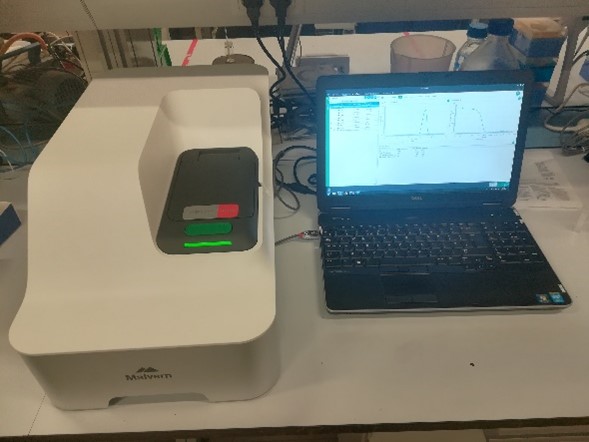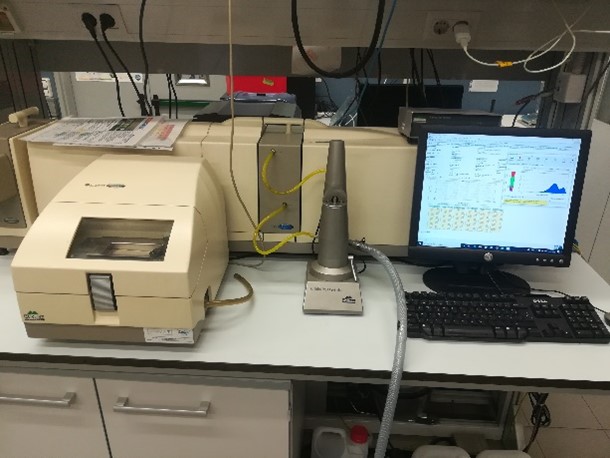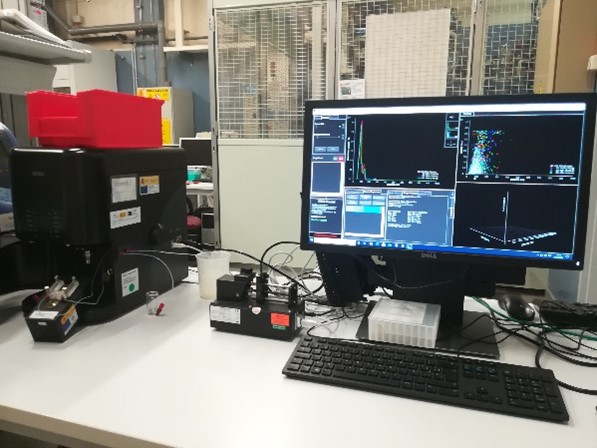U7-S08. Fabrication of Chromium masks
Fabrication of Chromium masks
The Chromium mask fabrication service of U7 allows obtaining 5 inches chromium photomasks, with resolution as small as 1 µm for UV photolithography processes. The fabrication of high-resolution photomasks in-house, allows to speed up critical processes requiring masking and to have direct assistance in design for the targeted application.
Customer benefits
Our Chromium mask fabrication service benefits from being part of a bioengineering-specialized research centre, providing wide knowledge in the main applications of these masks in the field of bioengineering, as well as the main techniques that require the use of these type of masks. We offer custom services, assuring close and direct interaction with the client, to meet conclusive results and high-quality needs.
Target customer
Our target customers are researchers in the field of bioengineering or R&D departments of biotech companies which want to test biomedical devices or microstructured surfaces with bioengineering applications.
Additional information
Cr Mask for the fabrication of microfluidic devices.











